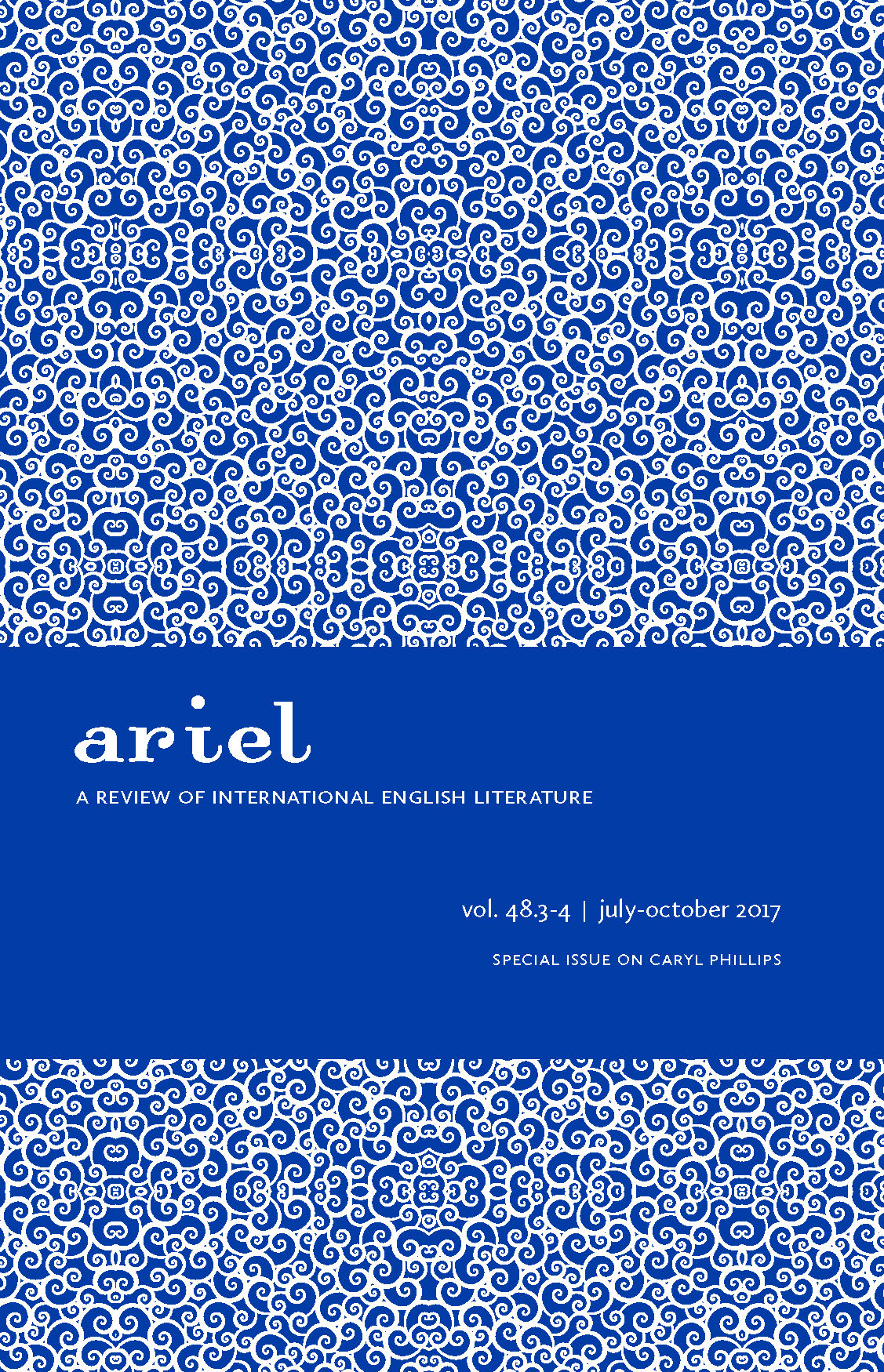For the "Dark Star": Reading Womanism and Black Womanhood in the Novels of Caryl Phillips.
Keywords:
Caryl Phillips, Black womanhood, Womanism, Pro-woman(ist), Black IntimacyAbstract
Representations of black women in literature by black men received much critical attention in the latter part of the last century. Frances Smith Foster argued that “black men shared the nineteenth century predilection for defining women […] and for limiting the female protagonist” as seen in the works of the first African American novelist William Wells Brown, for example. Trudier Harris’s book length project, Black Women in the Fiction of James Baldwin, examined the literature of the twentieth century’s most impactful African American male writer and his precarious relationship with the portrayal of black women. More recently, Curdella Forbes’s From Nation to Diaspora: Sam Selvon, George Lamming and the Cultural Performance of Gender explored several depictions of women in Afro-Caribbean literature. Certainly, this area of study has not been exhausted, and in the case of Caryl Phillips, one of the most prolific writers in the African Diaspora today, the study of black womanhood in literature is exigent. Phillips’s work has already garnered much attention for its ability to authentically represent women’s voices. His novels Cambridge and The Nature of Blood, in particular, have been highly praised for their female narrators, and Phillips himself has discussed the ease with which he engages women’s voices. This essay aims to advance the study of Phillips’s unique and varied portrayal of women by analyzing his depiction of Black women in Dancing in the Dark, The Nature of Blood, and The Final Passage. The paper will explore how women in the world of Phillips’s texts navigate the physical and emotional spaces of intimacy in which their voices and experiences initially seem to be occluded by the men’s stories. I will argue that Phillips offers nuanced depictions of Black women which bend, break, and at times seem to reify well-established and often controversial literary archetypes of Blackness, revealing that his fiction functions in what Gary Lemons has describes as a Pro-Woman(ist) mode.


